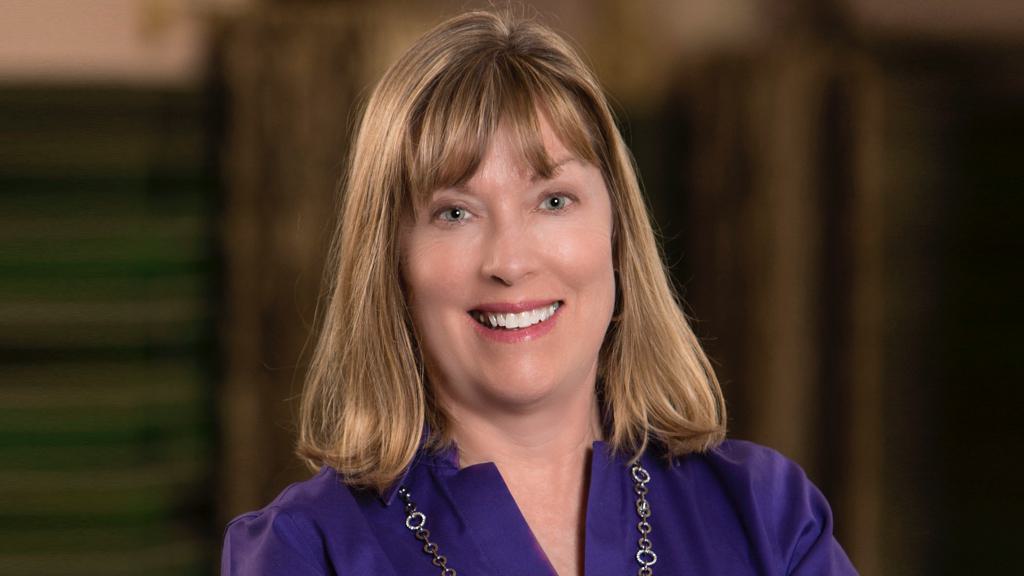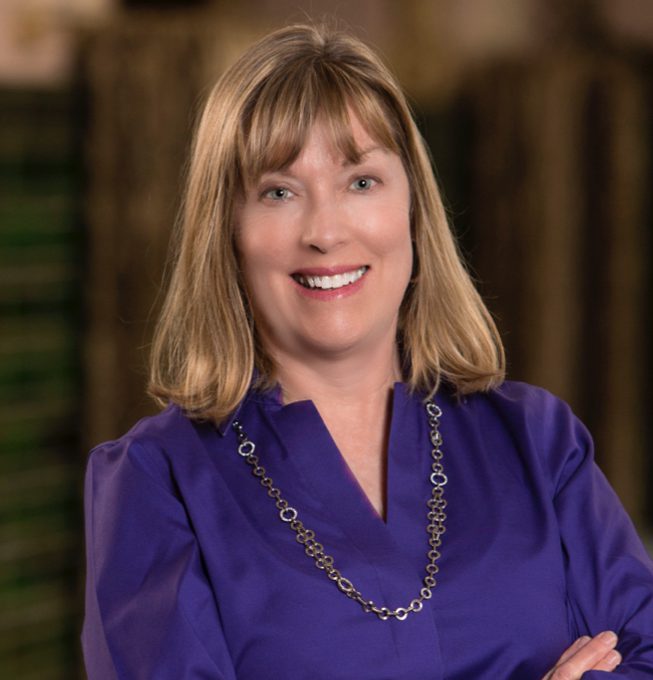If you have ever been responsible for helping someone deal with medical issues, perhaps in the hospital, you know this is not easy. You need to be able to work in tandem with your friend or family member – now patient – and their physicians for the best outcome. With the current virus situation, there are many restrictions on who is allowed into a hospital. I have two personal friends whose spouses recently died in the hospital without any family being able to visit.
Health issues can emerge suddenly and without notice. Consider, for instance, the onset of dementia. A person who had great intentions of getting their “ducks in a row” may now have his or her capacity to do so diminished.
No one likes to think about their own mortality, but it is practical to do so. Find a family advocate that will be there when you need them. If you are unable to help yourself, you want that person to understand your wishes. Document your wishes in writing and give copies to your advocate and your doctors.
Advance directives generally consist of a medical power of attorney and a living will, often combined into one document. These documents let your family and physicians know what medical treatment you want (or do not want) if you are unable to express your own preferences.
A medical power of attorney names a person to make medical decisions for you. You can limit the power this person has in the document. A living will allows you to approve or decline certain types of medical care, generally if you have a terminal illness or injury. You can determine which “life-sustaining” measures should be taken on your behalf, including do-not-resuscitate instructions.
Having these conversations and forming written plans is a gift to your family and friends. Another gift to family and friends is telling your story. Family history is often lost if it is not documented. Today’s technology makes this easier than ever, and you can create an audio or video recording that is uniquely you.
You have a legacy to leave that is not related to your assets or net worth. This can be your philosophy on life, or what mattered to you the most. Maybe you want to talk baseball with your grandson and leave him your favorite mitt. Perhaps you want to encourage your niece to pursue her dream of becoming an astronaut. Letting people know what causes you to cherish can help them carry on your charitable intent.
Other considerations to discuss and document are organ donation and funeral instructions. Some people even write their own obituary. Of course, you can leave this all up to the friends and family who survive you, but they will be much happier knowing your end-of-life services are what you really wanted.
Your age does not matter when it comes to getting your plans in order. If you are younger, you may revise your plans several times over the years. But you simply never know when you may get a terminal diagnosis or have a sudden accident while driving to that UW football game.
Having these conversations for yourself and your family is worth the time and effort, and they will be a gift to all involved.
This commentary originally appeared June 7 on TheCasperStarTribune.com By clicking on any of the links above, you acknowledge that they are solely for your convenience, and do not necessarily imply any affiliation, sponsorship, endorsement or representation whatsoever regarding third-party websites. We are not responsible for the content, availability or privacy policies of these sites and shall not be responsible or liable for any information, opinion, advice, products or services available on or through them. © 2020 Buckingham Strategic Wealth®

